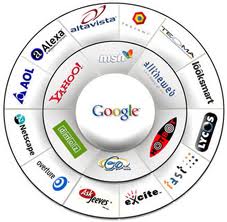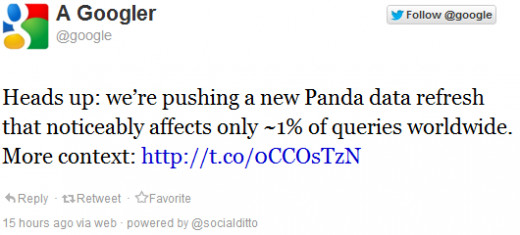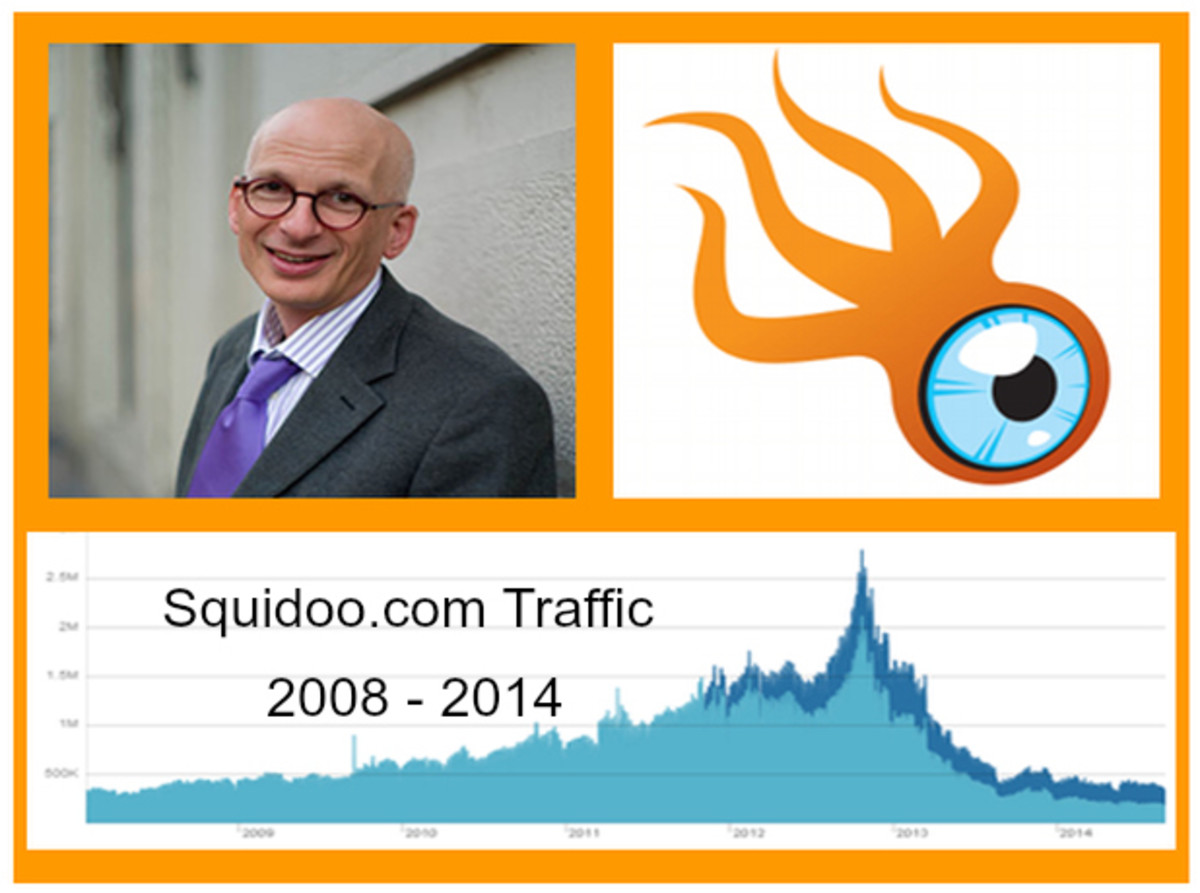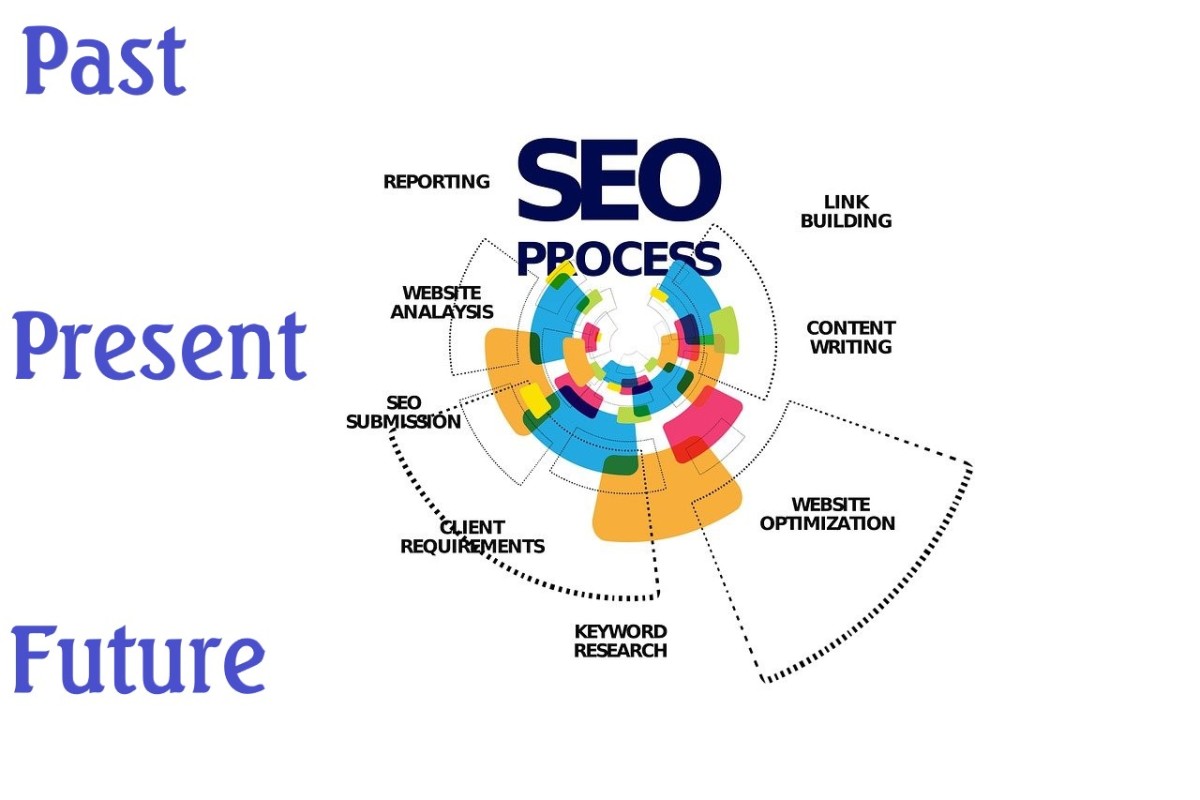Building Links - Why It's Important and Who to Link With

Sorry for the delay in since my last post. Taking some much needed time out:) Anyway back to business.
Given the importance of building links, i wanted to cover an article in more detail on this subject. Before we look at building links and why it's important, let's take a step back. It's safe to say that we've come a long way wince the development of the first computer, back in the 1950's. The development of what we know as the World Wide Web (WWW) has been fast and complicated. It wasn't until the late 1980's that the first commercial Internet Service Providers (ISP's) began to appear and it wasn't until 1995 that the last of the many initial restrictions were lifted allowing the flow of commercial traffic via the Internet.
Now with many Search Engines available to users, and over a third of the 7+ billion of us using the internet daily, the potential market that is available to us is simply staggering. In direct proportion to this, our quest to work out how to get our product or services to this market carries proportional incentives. When looking at how the search engines work (what works and what doesn't), we call this process 'Search Engine Optimization'.
By 2015 how big an increase in internet users do you think is forecast?
Link building and SEO
SEO has two key elements, 'On Page SEO' and 'Off Page SEO'. The 'On-Page' element relate to changes that can be made on the physical web page, whilst 'Off Page' refers to all other factors that cannot be directly influenced on a physical web page. One of the key off page factors is link building, the fundamental behind which the search engines operate. After all, without linkages between pages, the Internet wouldn't be very useful. The fact that search engines use the information on which pages link to each other to help determine both the page rank and position of any one web page in the search results, and is the driver behind this article.
Link Building is Essential

There are many ways in which one can build links. First it's important to understand why it's important. Each link to you site counts as a vote. The more votes you have the higher (in principle) you will rank in the results. It is key to understand that not all links are equal. To put this into context. Let's assume you opened a business and wanted to get some references in which you were going to publish in your newsletter.
Do you think that getting a celebrity or public figure to back your business would be the same as if you got a homeless person to back your plans? Some references will be worth more if they come from higher profile persons. The Internet works in the same way. Some sites have a higher profile than others in the same way that some sites will be more relevant to the keywords you are targeting. This is a key concept as you will get more benefit in acquiring links from these (relevant) sites than you would if it was from any old site you could get a link back on.
Whilst there are literally hundreds of different ways in which you can build links, there are some which you absolutely must do. The following are some of the principle ways in which you can build links:
Writing content that people want to share - This is top of most list when it comes to attracting back-links. These links you won't have to ask for. People will value your content and share it with others. This will be in addition to your efforts to build back links.
Reciprocal linking - you link to a site and they link back to you (hence the reciprocal). This isn't as powerful as this is a vote earned through collaboration (as opposed to merit alone). It is obvious that 2 sites are linking to each other as part of an agreement and not because they both website owners actually value the content (although his should always be the case).
One way links - these are far more powerful as they represent a vote out of merit. These will be any link from a different IP address (so it isn't seen as your site) back to your site in which you are not linking to that site.
3-way linking - to do this you need multiple websites from different IP addresses. Let's assume your sites are site A and site B. Your partner also has 2 sites, C and D. A 3-way link is where A links to C and B in return D links to A, giving the appearance of one way links (and the merit that comes with).
Forum signature linking & blog comments - these links are acquired on forums that allow you to leave a link on each post you make, as part of your signature. Where the forum is relevant to you site, this can generate good leads. The same principle can be done in the blogging space when leaving comments.
Using directories - there are millions of directories out there Admittedly, a high number are worthless however finding directories that are relevant and drive relevant traffic can add value in submitting your link.
Note: As equally important that it is that you build links, it's key that you continue to monitor your links going forward.
Here are some of the top Engines for your to find sites to link with..

There's No Quick Win
Seems like a very apt title and one i firmly believe. Link building takes time and can seem like a never ending cycle of effort. Sure there will always be glitches in the Search Engine Algorithms which offer short term gain, however the Search Engines are getting smarter, day by day. Building great content and undertaking ethical linking will never be out of favor, after all that's exactly what the Engines want to deliver to their customers (and exactly what customers want).
Do't be tempted to play with fire. Short term strategies that cheat the Search Engines will be found out and when they do, you're effort will be in vein. You may even find yourself penalized or even dropped from the index altogether. Remember, getting traffic to your web pages is only the first part of the game. The second part is converting the traffic and you can only do that if there is something on the page that the visitors find useful...how about great content? For more on what to avoid, visit my guide on White Hat Vs Black Hat SEO techniques.
In the past, i have spoken to many people who made use of off shore resource to build lower quality back links as part of an overall strategy which until recently worked. This apparently worked on volume and it worked a treat in the SERPS. The algorithm has got wise to this and i have heard that sites doing this are being punished now.
Google Panda Update - first tweet

The Google Panda Update
Probably very appropriate that we talk about the Google Panda update on the back of the previous section. Google released an update, more commonly known as their 'Panda Update' in June, first tweeting about it on June 12th. They said that it would likely affect about 1% of search queries in the US and also 1% worldwide.
The Panda update is simple terms is a change made by Google to their algorithm that affects search engine results. The aim of the update was two fold.
1) Identify and lower the rank of lower quality sites
2) Identify the higher quality sites and improve their positions within the results
A GOOD question to ask is how this was done.The start point was thousands of human testers rating thousands of websites by a number of different quality related factors. Some of the factors used were things like how user friendly the site was, the design, trustworthiness, speed and also on a score based on how likely the visitor would be to return. The results then went into the magic pot that is Google and an algorithm update was fresh on the menu.
More importantly is that Panda seemed not to affect individual pages but the performance of overall sites. Social Networking and News related sites have felt a very positive effect from the update whilst sites that rely largely on advertising sites seem to have been adversely impacted. The same is true for spammy sites and content farms that have poor quality content (short articles, badly written or scraped from other sites). All these sites have felt the force of the update. Google is getting clever... So where does this leave us?
If there is a lesson here - content is king. A common term used, however i hope you are starting to see a theme. All the sites that have been impacted don't do great, unique content. Many of them focus on quantity over quality, and this isn't the way to success.

A few relevant links
- Common SEO Mistakes You can Avoid
A guide looking at common mistakes made in the SEO world and how to avoid them. - Black Hat SEO Vs White Hat SEO
Guide looking at the reasons why to avoid Black hat SEO techniques and stick to white hat principles.
So where to i build links then??
There is no one answer to this, i'm afraid. You need to use your own judgement. The advice i will give is that you will know a good relevant site when you see one. Start with some of the information that is available, like this Google Webmaster Guidelines as a starter for 10. No system is fool proof and you will still see sites that follow the guidelines that have also been, to a degree, punished. Why? That's a good question! It's one that i am still testing however the algorithm is very complex so there may well be some things to iron out (there will be some unexpected knock on impact that i'm sure Google wouldn't have been expected, following their testing). Some of the sites in question write great content, don't link with low quality sites, they have good structure and follow all the other must do's. It's an answer i hope to get to shortly as it's a bit of a head scratch at the moment.
In the meantime, these are more freakish than anything else and i would imagine that they will return up the rankings in due course. When visiting a site, don't just link to them as they appear in the rankings, especially if they are low quality. Personally i check the following things to determine the quality of opposition:
1) Do they write good content and often?
2) When was the last crawl of their site (when were pages last indexed)
3) Who else is linking to them in addition to their position in the rankings. Also who do they link out to?
4) What's their Alexa Rank and Page Rank. These are good indicators but not on their own.
5) Is the site a Top Level Domain extension (.i.e. a .EDU)?
6) How relevant is it to my site and are they in direct competition? It is often difficult to get links from sites in direct competition so i stay away from these unless there is something in value that really adds.
7) How optimized is the site? Have they made any effort to optimize their page. What is their keyword density. Have they used ALT tags on their images etc.
8) Also checking how well they interlink their pages is important (ties in to point 7). It can be an easy indicator as to the potential of the partnership. After all, the more authority they gain, the better value you gain from the link.
As you can see there are lots of ways. Stick to the sites that are worth their weight. This will ensure that your links provide benefit. Remember, the age of links is important so stick to links that you think will stay in place. Website owners with spammy ages provide no benefit and can actually do you harm. They are also very likely to at some point notice and change their design, meaning your link will either be removed or moved to a new page, which wipes out any benefit.
Interested to know...
How you been affected by the recent Panda Update?
A final Request...
I am very interested to hear how the Panda update has affected your rankings. Do you know why? I am testing across 10 websites at the moment trying different things to see what works and results are varying. I will look to publish results when i'm done.








